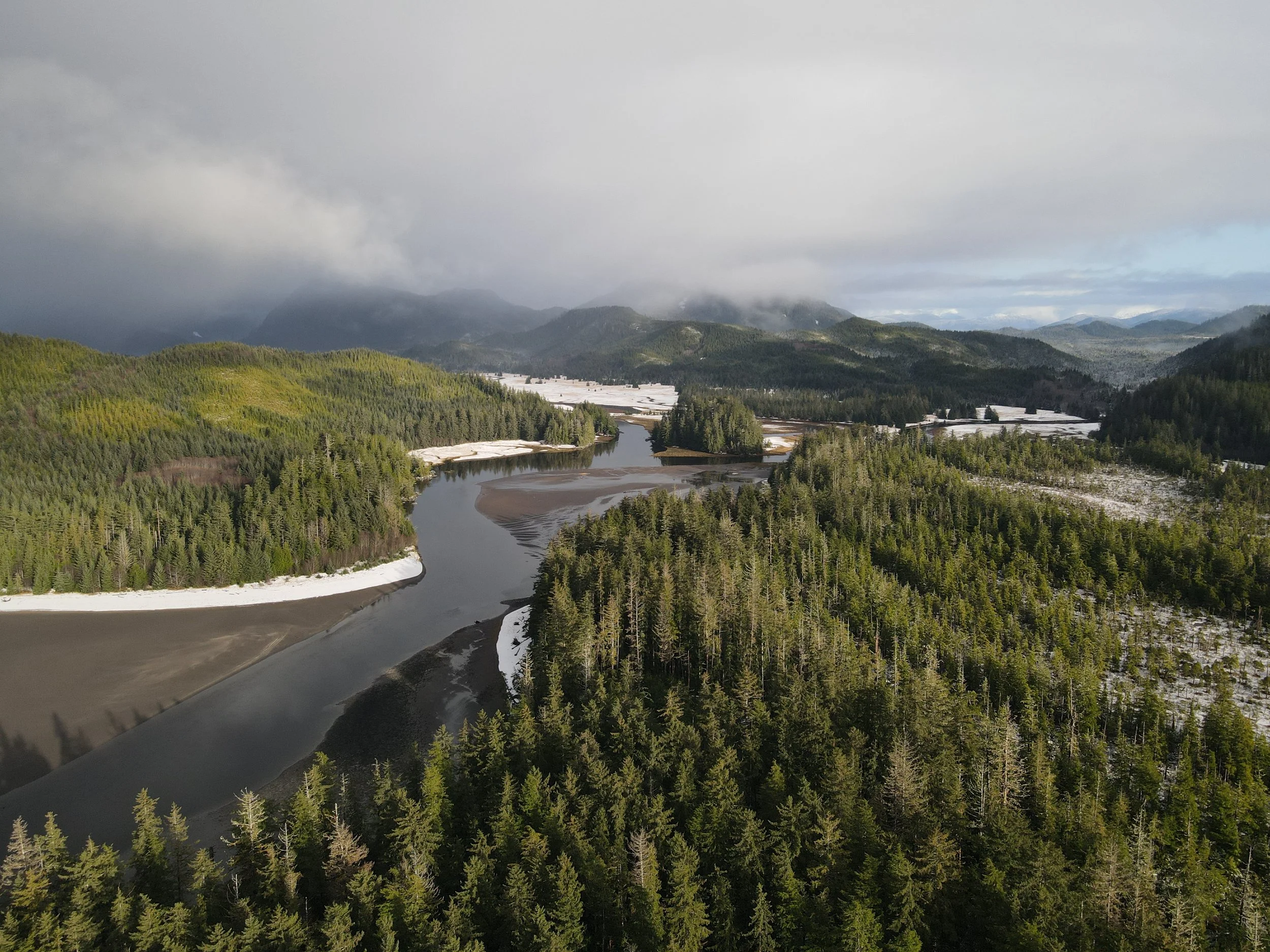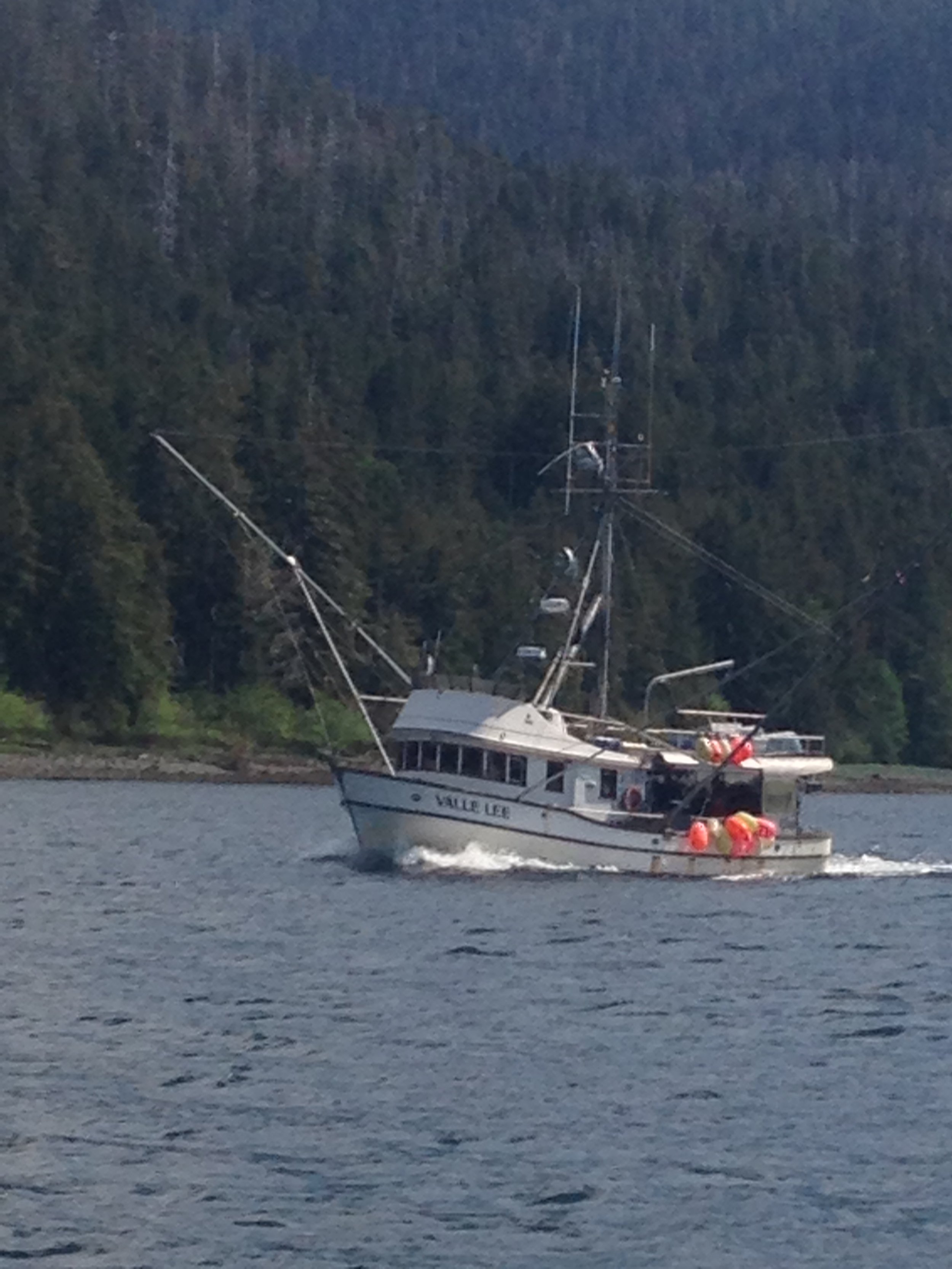Reuters
June 1st, 2025
By Leah Douglas
NEWBURYPORT, Massachusetts - By the time Robbie Roberge spotted the fire consuming his boat's galley last August, he knew he had just minutes to evacuate his beloved Three Girls fishing vessel, named for his daughters.
As the flames spread up the boat's walls, he helped his crew into safety suits, deployed a life raft and made a mayday call to alert nearby mariners and the U.S. Coast Guard that he was abandoning ship more than 100 miles offshore.
Roberge, a commercial fisherman from South Portland, Maine, learned how to handle such an emergency just three months earlier at a workshop held by Fishing Partnership Support Services, a nonprofit that has trained thousands of East Coast fishermen in safety practices.
On May 20, Roberge cut a fishing trip short to bring the six-man crew from his remaining boat, the Maria JoAnn, to another FPSS training in Newburyport, Massachusetts.
"I have years of experience, but not dealing with emergencies," said Roberge, whose handling of the fire led to a successful rescue with no injuries. "I make it a point to be here."
Such safety trainings - aimed at fishermen, loggers, farmers and other workers in America's most dangerous jobs - could be scaled back or wound down entirely as soon as July, according to Reuters interviews with a dozen health and safety experts and organizations, as a result of President Donald Trump's drive to slash the size and cost of the federal government.
Those cuts have fallen heavily on the federal government's National Institute for Occupational Safety and Health, an agency within the Department of Health and Human Services that is a key funder of workplace safety training and research.
Read full article here









